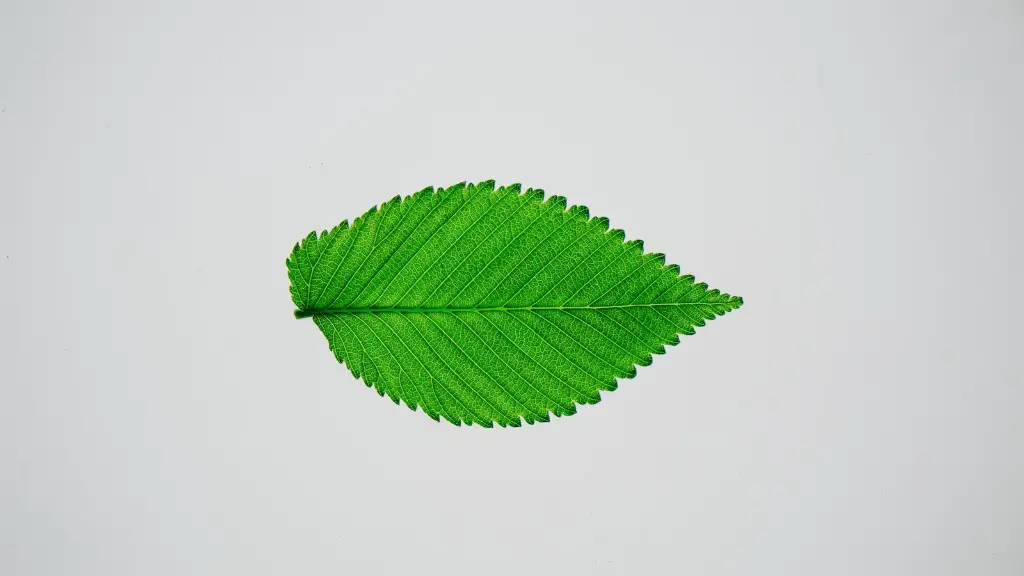Global warming is quickly becoming one of the most pressing environmental issues of our time. It has been found to lead to higher temperatures and other changes in climate, which can greatly affect plants. Understanding why global warming is bad for plants can help us understand how to better take care of our natural environment and how to prepare for negative consequences.
The most obvious negative effect of global warming on plants is temperature rise. Plants have adapted over time to grow in different climates, but as temperatures become increasingly higher, it can make it more difficult for them to survive. Higher temperatures can also increase water demand, meaning that plants may lose more water to evaporation in excessively hot weather.
Biotic disturbances, such as pests, are also more likely to spread in high temperatures. Higher temperatures mean that the reproductive cycles of pests can occur more quickly, allowing them to spread further and faster. This can lead to significant damage to crop production, decimate insects and reduce vegetation.
In addition, global warming has been linked to increased levels of ultra-violet (UV) radiation. The intensity of UV radiation is higher when the atmosphere is warmer, which can prove harmful to various organisms. This radiation can damage photosynthesis and can kill cells and tissue, leading to the death of plants.
With global warming also comes more extreme weather events. Droughts, floods, and hurricanes can have devastating effects on the environment, causing soil erosion and the displacement of plants. This can lead to a decrease in vegetation and a decrease in wildlife, both of which then feedback into global warming.
Finally, global warming can contribute to the spread of weeds, as they tend to thrive in warmer temperatures. This can result in an increase ofweeds across a certain area, posing a threat to crops and reducing the native vegetation. This could, in turn, threaten the biodiversity of an area, thus further harming the environment.
It is clear that global warming has many negative consequences for plants. It is important to understand these consequences in order to be better able to protect our natural environment. We can do this by making efforts to reduce our carbon emissions, planting more trees, and using more sustainable practices.
We cannot deny the fact that global warming is a serious threat to our planet, and that plants are only one of the many species being impacted. However, it is important to take these threats into consideration in order to ensure the best possible outcomes for the future of our planet. Taking action now can ensure that our natural environment is protected, and that plants can continue to thrive.


